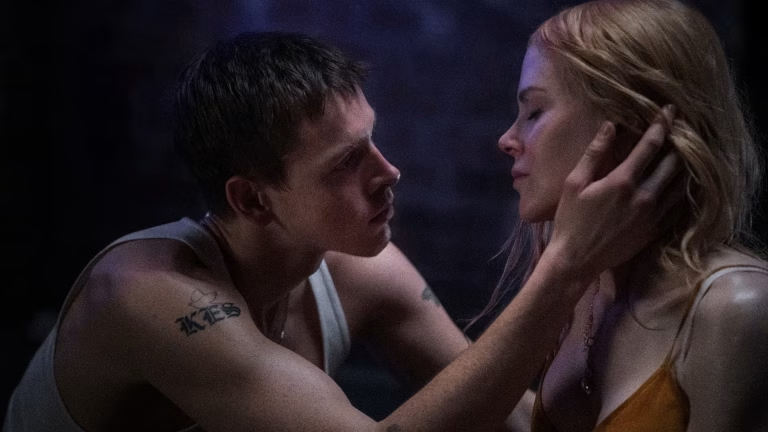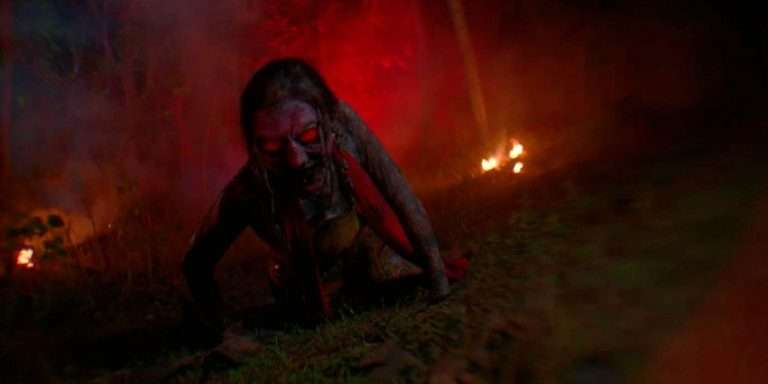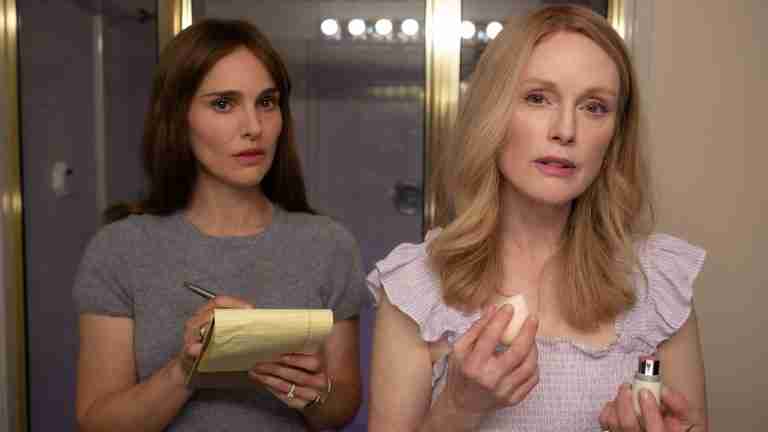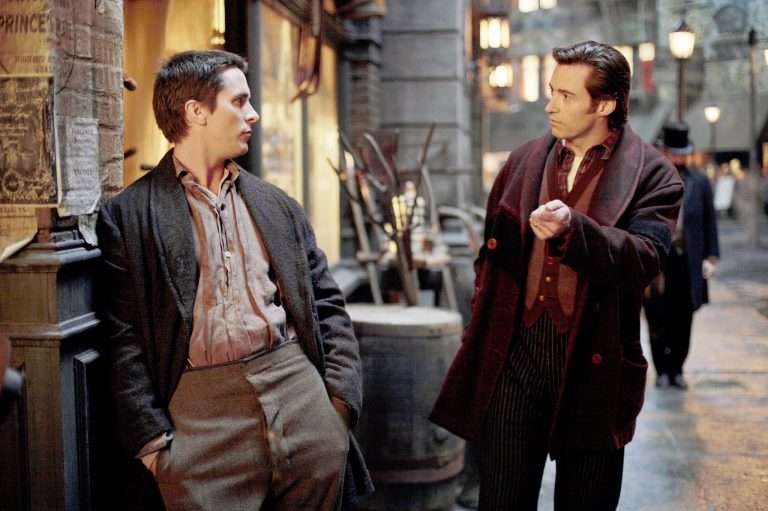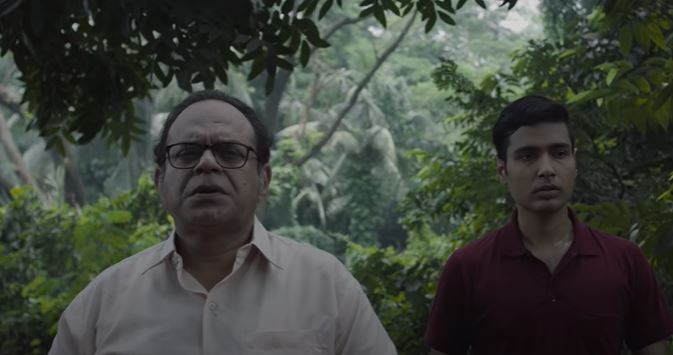From the moment John Belushi first muttered about The Wolverines, “Saturday Night Live” had been a launching pad for America’s burgeoning comedic talent to break away towards their own careers beyond the show. Some have proven more successful in that area than others, but most of that intermittent success has been focused on the same brand of comedic acting that got them noticed in the first place; few SNL alum mark their break from Lorne Michaels with a stint in the director’s chair.
Kyle Mooney, though, seems relatively primed to have made the jump from the live show to being the man behind the camera, as most eyes were moved in his direction by way of his prerecorded, often-cut-for-time skits. Now, two years after his SNL departure, the man whose cringe-comedy made him a defining middle-ground between Andy Samberg and Tim Robinson turns his gift for the awkward towards “Y2K,” a gimmicky premise not unlike one of his three-minute sketches forced to a struggling 91.
The elevator pitch for “Y2K” is rather perfect for one of his classic, Beck Bennett-assisted bits, as Mooney and his new collaborating writer Evan Winter basically take “Superbad” and filter it through that one end-of-the-millennium episode of “Family Guy.” In it, Eli (Jaeden Martell) and Danny (Julian Dennison) are a pair of high-schoolers on the eve of the year 2000. With nobody but each other to ring in the new millennium, the boys decide to attend the cool kids’ house party, primarily in the hopes that Eli will get his midnight kiss with his popular crush, Laura (Rachel Zegler).
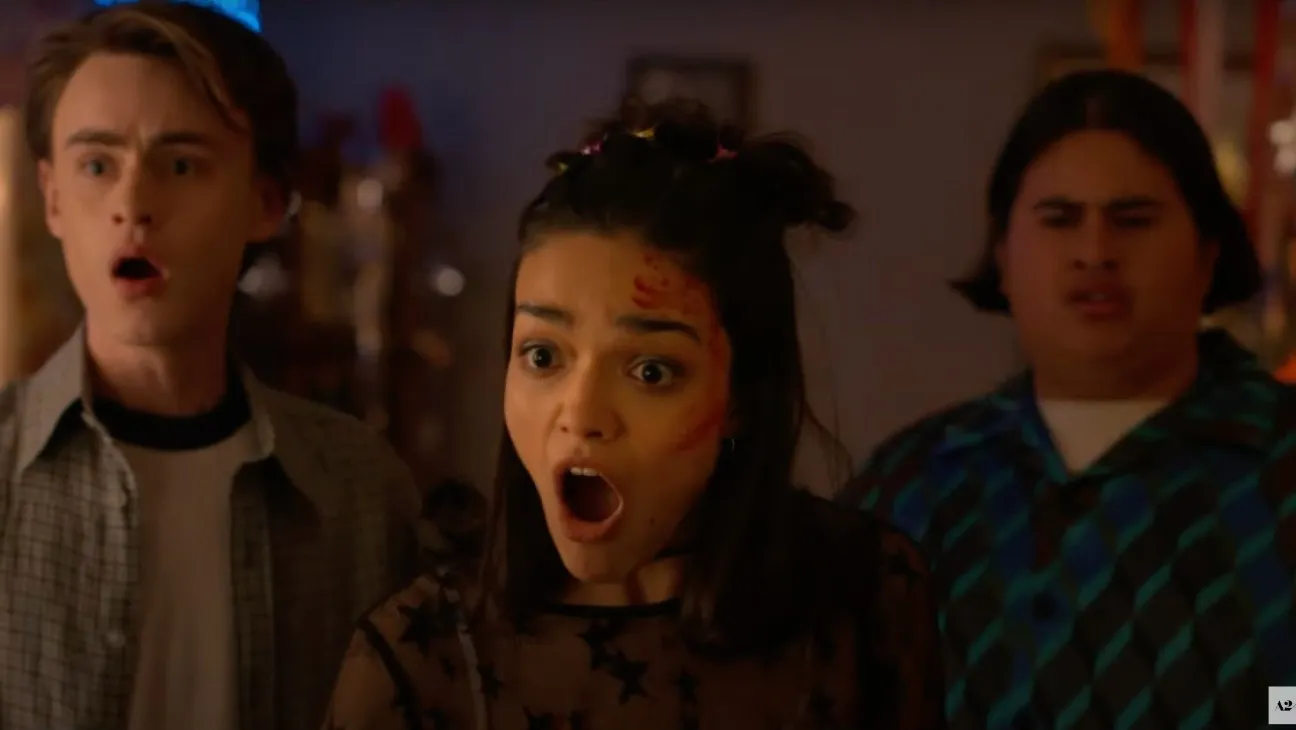
Naturally, things don’t go as planned, but Eli’s stunted popularity will have to take a backseat when the midnight chime brings with it the much-feared Y2K apocalypse; electronics are suddenly coming to life, morphing into homicidal monstrosities and forcing whoever made it out of the party alive to run for the tech-free hills.
It’s here that Mooney’s sensibilities as a subverter of common taste and arbiter of cringe take as much of the fore as the film’s populist leanings will allow, for “Y2K” takes much pulpy joy—and genuine attempted emotional pathos—out of its somewhat-unexpected decisions of who gets killed off and when. Most of these teenagers are little more than classic late-90s archetypes, and Mooney tries to make the most out of which combinations he can mix and match to gain some sort of layered and sardonically comedic outcome.
The thing is… Mooney’s eventual team-ups don’t lead to any spark. Perhaps it’s the first-time director’s inability to work with actors (including himself, in a drawn-out, entirely Mooney-esque “White Guy With Dreads” character), or the actors themselves who fail to grab hold of the material beyond the plethora of pre-2000 references—Martell continues to struggle as the latest generation’s attempt at the audience’s vanilla white guy conduit.
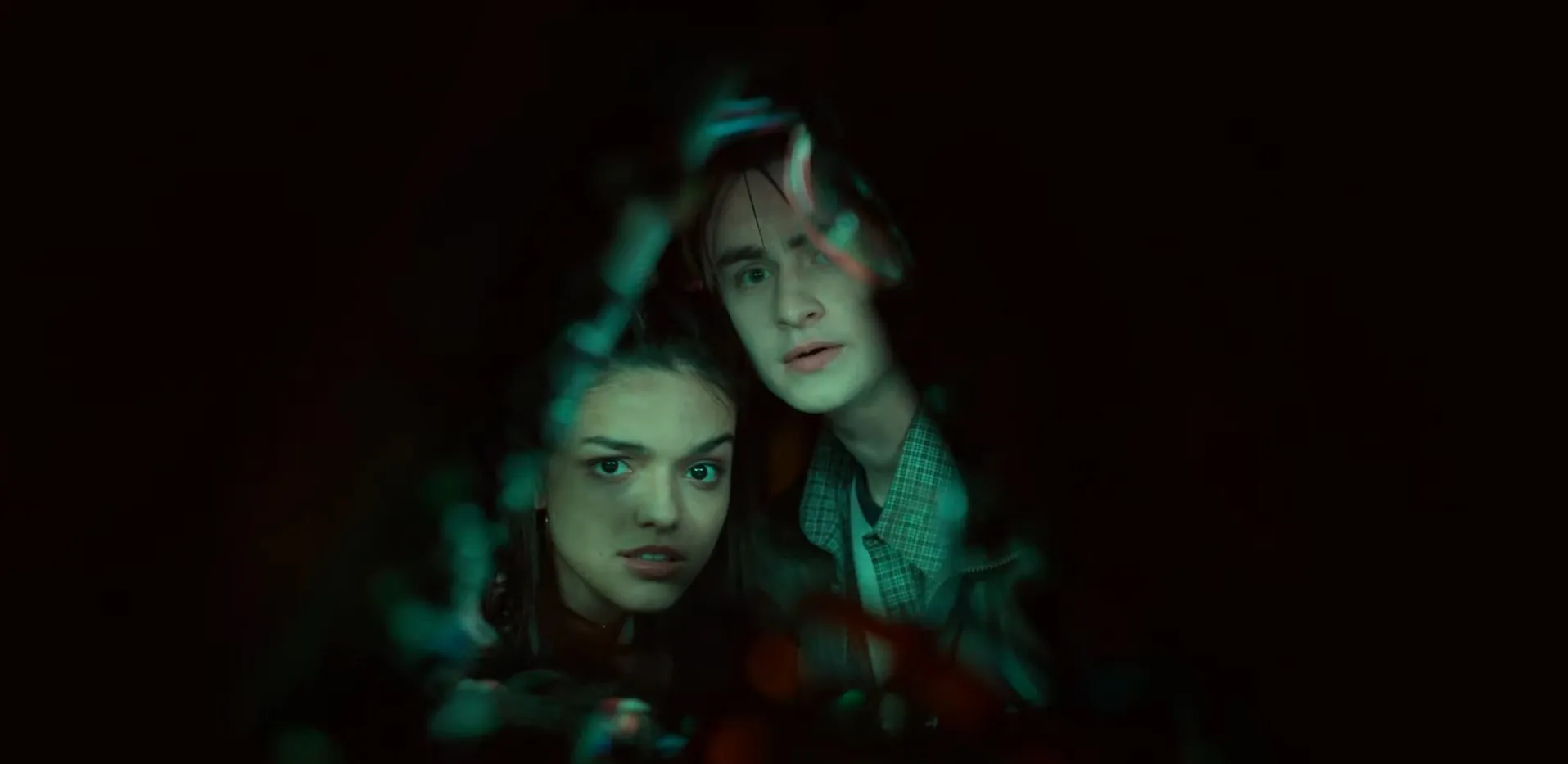
In any event, “Y2K” remains rather stilted, even among its infrequent but not absent belly laughs, mainly stemming from physical bits of sudden violence one would typically find in the skits of Mooney’s SNL successors, Please Don’t Destroy. The most Mooney is able to get out of his cast comes in the form of Dennison’s fireball performance—the “Hunt for the Wilderpeople” breakout continues to prove that his energy level and charisma are far above his peers, a particular conclusion brought forth here to mute the rest of the film as he progressively begins to sit on the back burner.
The longer “Y2K” relies on the common practices of its apocalyptic comedy roots, the longer the film’s quirks feel like mere extensions of Kyle Mooney’s limited physical idiosyncrasies; it’s like the filmic equivalent of the sideways head-tilt combined with the outstretched arms that he did in nearly every live SNL sketch (…and onscreen here). The film is never quite a slog, but when Mooney was afforded the chance to be truly strange and surreal on the show (read: the “Buff Kyle” sketch with John Mulaney), he shone brightest; when given the reins of his own feature-length story, the comedian somehow feels more constrained than ever. In “Y2K,” technology is everyone’s enemy—even those who once reveled in its digitized glow.



